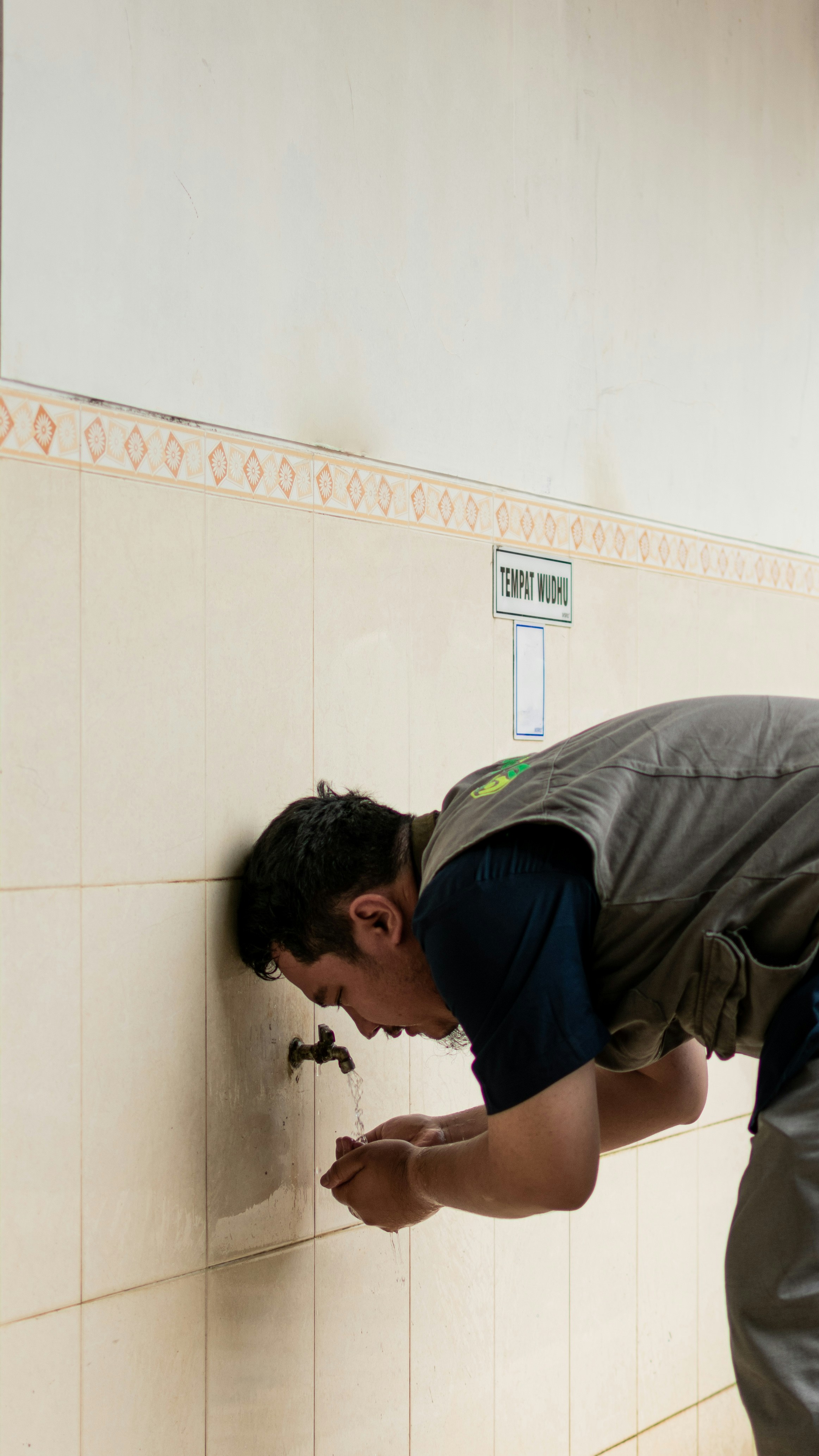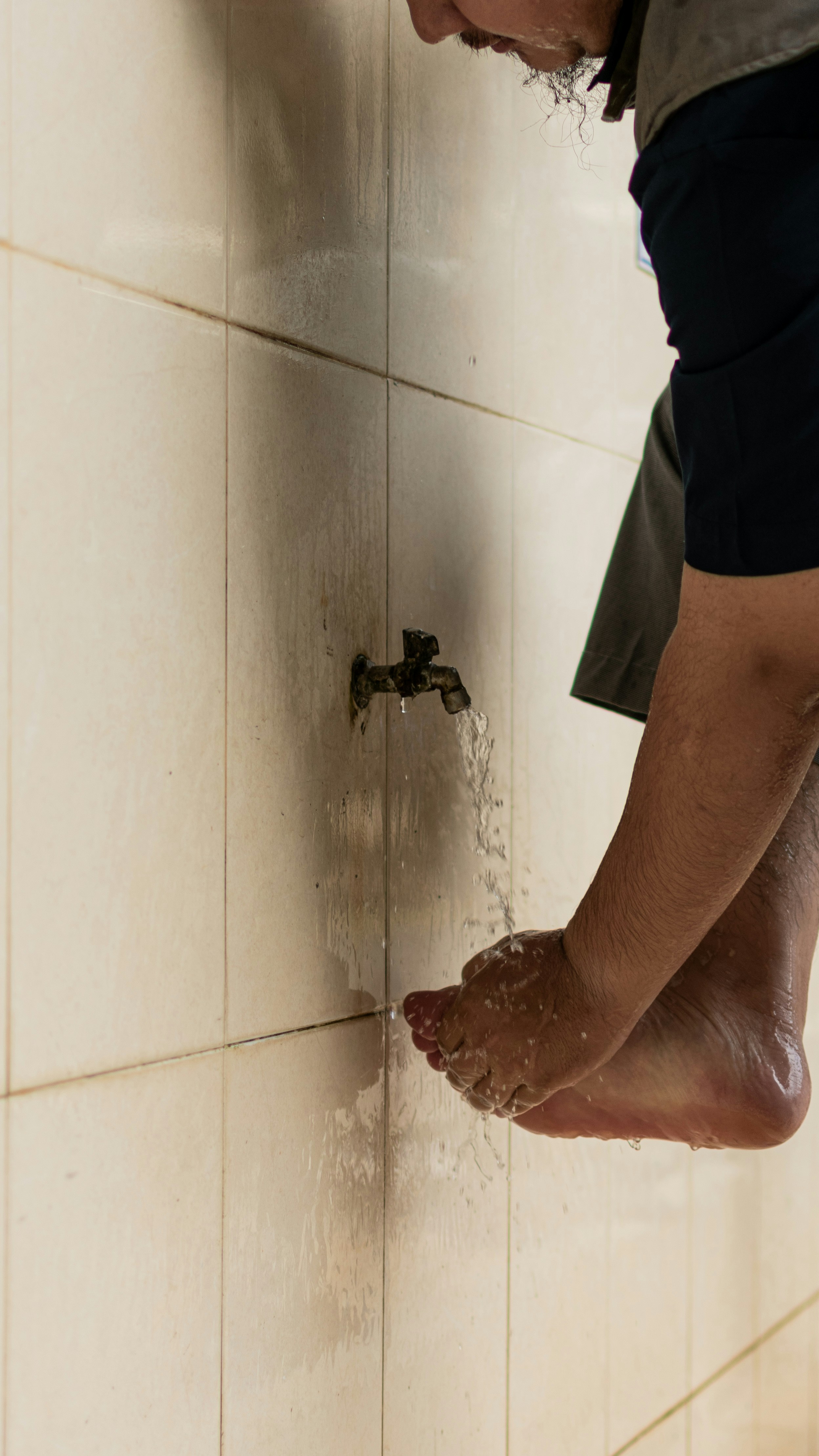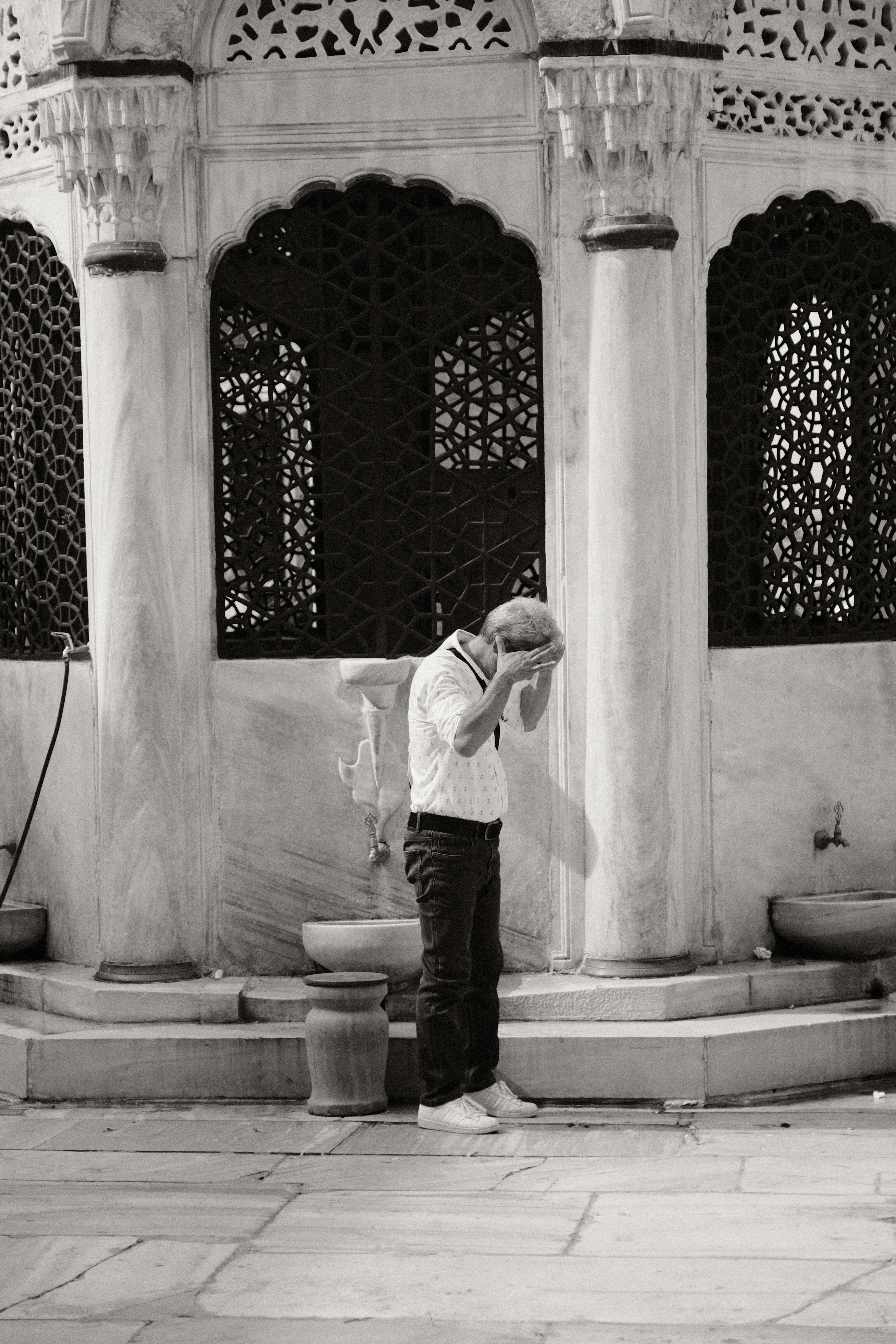Kapanlagi.com - Wudhu or cleansing oneself before performing worship is an important practice in Islam. Wudhu consists of a series of washing rituals on various parts of the body such as the face, hands, head, and feet. Wudhu is done with the aim of cleansing or purifying oneself from minor impurities before performing prayers. In addition to performing wudhu correctly, Muslims are also encouraged to recite prayers after wudhu.
It is a recommended practice, prayers after wudhu are a means to seek blessings after completing purification. The Prophet Muhammad taught the virtues of reciting prayers after wudhu, among them is that the door of heaven will be opened. Prayers after wudhu have two variations, long and short. Both have their own virtues, so they can be practiced in daily life.
Performing wudhu correctly is already an act of worship that has many virtues. Combined with reciting prayers after, a Muslim obtains additional value in their worship. Therefore, here are the prayers to recite after wudhu.
1. The Procedure of Wudhu

The Procedure of Wudhu (credit: unsplash)
Wudhu is not only a cleansing ritual but also a step towards spiritual tranquility. With wudhu, it is believed that prayer can be performed with more focus and calmness. As mentioned earlier, wudhu is performed by washing several parts of the body. Each part of the body that is washed during wudhu must be done in a specific order.
Here is the procedure for wudhu from start to finish:
- Intention
- Wash the palms of the hands three times, including between the fingers.
- Gargle three times.
- Clean the nostrils three times.
- Wash the face.
- Wash both hands up to the elbows three times.
- Wipe the top of the head three times.
- Clean both ears three times.
- Wash the feet up to the ankles, including the spaces between the toes on the right and left foot three times.
- Recite the prayer after wudhu.
2. Requirements for Valid Wudhu
In addition to performing it in sequence, there are also several requirements for a valid wudhu that must be fulfilled. Without fulfilling these requirements, the wudhu performed can be considered null and void. Here are some requirements for a valid wudhu:
- Being a Muslim.
- Not in a state of major impurity, as wudhu only removes minor impurities.
- Using clean and purifying water.
- There should be nothing preventing the water from reaching the skin, such as adhesive substances that stick to the skin of the body parts involved in wudhu.
- Tamyiz or being able to distinguish between good and bad things
3. Wudu Intention Reading

Wudu Intention Reading (credit: unsplash)
In the procedure of wudu, the first step begins with reading the intention. Therefore, before knowing the prayer after wudu, it is also important to know the reading of the intention. By reading the intention, the wudu performed can be more solemn and blessed. The following is the reading of the wudu intention:
"Nawaitul wudhuu-a liraf'll hadatsil ashghari fardhal lilaahi ta'aalaa."
Meaning:
"I intend to perform wudu to remove minor impurities as an obligation for Allah."
4. Long Prayer After Wudu

Long Prayer After Wudu (credit: unsplash)
As mentioned earlier, there are two versions of the prayer after ablution, namely the long and short versions. Both prayers after ablution have noble meanings containing complete sentences, including the confession of faith, a request to be included among those who repent and purify themselves, as well as praise to Allah SWT and a request for forgiveness.
This prayer also includes a request for spiritual purity, so it is not only about purifying the body parts washed during ablution. Reciting this prayer after ablution also brings rewards and blessings in worship. The following is the long version of the ablution prayer:
"Ashhadu al-la ilaha illa-llah wahdahu la syarika lahu, wa ashhadu anna Muhammadan 'abduhu wa Rasuluhu. Allahummaj'alnii minat-tawwabina waj'alnii minal-mutathahhirin."
Meaning:
"I bear witness that there is no god worthy of worship except Allah alone, with no partner, and I bear witness that Muhammad is His servant and Messenger. O Allah, make me among those who frequently repent and make me among those who are pure."
5. Short Prayer After Wudu
Prayer after ablution is not less noble than the longer version. The shorter version of the prayer after ablution is more practical and concise. Here is the reading of the short version of the prayer after ablution:
"Allahummaj'alnii minat-tawwabina waj'alnii minal-mutathahhirin."
Meaning:
"O Allah, make me among those who repent and purify themselves."
Those are among the explanations related to the intention and the prayer after ablution, along with the guidelines. Hopefully, it is beneficial, increases religious knowledge, and enhances faith as a Muslim. Amen.
(kpl/psp)
Disclaimer: This translation from Bahasa Indonesia to English has been generated by Artificial Intelligence.















